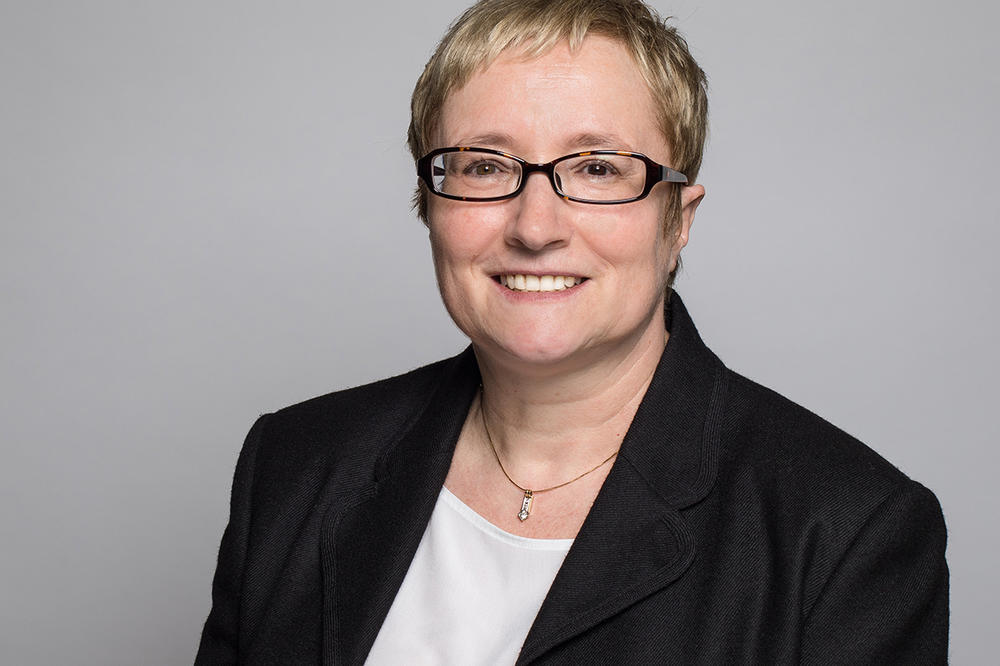Professor Dr. Verena Blechinger-Talcott
In 2013, Freie Universität Berlin established the Master of Arts program “Intellectual Encounters of the Islamicate World” – an English-language, blended learning degree program targeted at participants from the Middle East. With its “International Network University” strategy, Freie Universität Berlin is a natural host to this program, which is taught by leading international experts on the many interconnections between Jewish, Christian and Muslim thinkers in the Arab-spoken medieval period.
Freie Universität Berlin was founded by students and scho-lars in 1948. Sparked by the persecution faced by students at the former Universität Unter den Linden, at the time located in the Soviet sector of the divided city, international support and networks were crucial from its founding moment. The principles of freedom and internationality have guided the university’s development ever since. Extensive exchanges of scholars, students and administrative staff as well as cooperation agreements with universities all over the world remain hallmarks of the international character of Freie Universität to this day. In the framework of its international strategy, Freie Universität maintains a worldwide network of liaison offices, which support the university’s researchers in reaching out internationally, increase the university‘s visibility in the respective regions, and help recruit outstanding young researchers. In addition, the university has established strategic partnerships with leading research universities worldwide, allowing for comprehensive networking and cooperation on all university levels.
The interdisciplinary setup of the degree program, which combines the multifaceted insights of Islamic, Jewish and Christian Oriental Studies on a shared subject, is innovative and allows for new perspectives. Providing joint access to higher education for Afghan, Dutch, German, Indonesan, Iranian, Israeli, Palestinian, Syrian, and Turkish students and many more, and doing so by choosing virtual learning tools, epitomizes an intellectual encounter in the true sense of the word. The study of the many interconnections in the intellectual history of the three monotheistic religions creates a space for an open exchange of ideas and a search for intellectual commonality – independent of external, but often prevalent conditions of political conflict or religious divide.
The MA Intellectual Encounters has provided valuable insights into the possibilities of digital teaching in the 21st century. We hope that this publication will provide professors, lecturers and practitioners with background information on the underlying concepts and methods of the program. The Executive Board of Freie Universität Berlin highly appreciates the financial support of the Federal Ministry of Economic Cooperation and Development and the close cooperation with the German Academic Exchange Service in realizing this project.
Sincerely yours,
Professor Dr. Verena Blechinger-Talcott
Vice-President International of the Freie Universität Berlin

